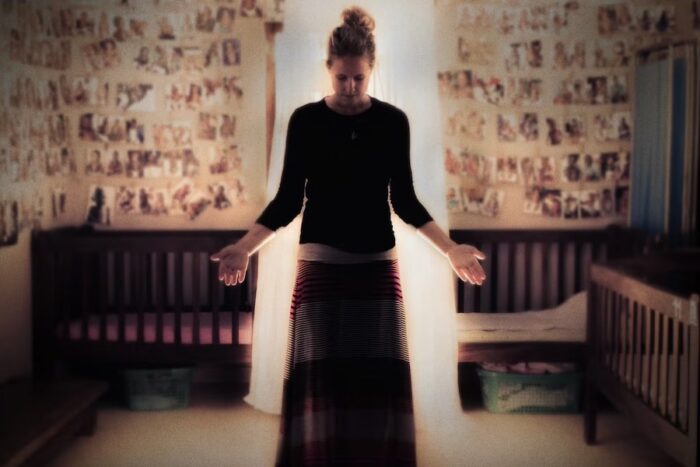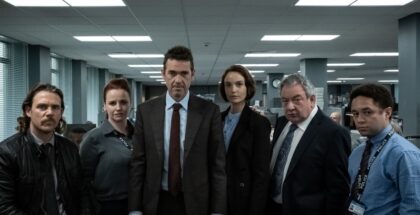True Crime Tuesdays: Savior Complex
Review Overview
Nuance
10Supremacy
8Accountability
3Helen Archer | On 22, Jul 2025
In some ways, the story of Renee Bach and her organisation Serving His Children seems like ancient history. In others, it seems more relevant than ever. Savior Complex, which aired in the United States in 2023, but has only just been released in the UK, starts its narrative in 2007, when 19-year-old Bach travelled to Uganda as a missionary, staying there for a decade, and leaving under a cloud of controversy, the nonprofit ultimately winding down after whistleblowers revealed the disturbing way in which it was run.
Directed by Jackie Jesko, the three-part documentary tells the story of the way Serving His Children mutated from a community food distribution centre for vulnerable, malnourished children into a medical clinic – despite the fact that Bach had no medical training or, indeed, a licence. Starting with just one nurse, Constance, on the payroll, Bach was soon personally treating patients, administering IVs and medication rather than relying on local hospitals. When Jackie Kramlich, a fellow missionary with nursing experience, spent three months there before resigning in disgust, she was shocked by what she witnessed. Soon the word was out that Bach was unqualified and that children were dying in her care – at which stage, activist group No White Saviors began a social media campaign to expose Bach’s malpractice.
The series features current-day interviews with Bach, as well as footage of her in Uganda, along with Kramlich, Constance, doctors who were eventually employed by Bach as her organisation grew, and Kelsey Neilsen, one of the founders of No White Saviors, who also happens to be a white American woman. The voice of reason comes, quite late in the programme’s running time, with the appearance of Primah Kwagala, the lawyer who represented the two bereaved mothers who were able, ultimately, to litigate against Bach. Amongst all this are more overarching questions about the role of the Western missionary in the global south – both historically and contemporarily – and the way in which they can operate with impunity, many times with support from the government because of the money they bring into the country.
The series is almost overburdened by that rarest of things – nuance. While Bach’s insistence that she was ‘doing good’ in a country she decided to insert herself in, with little or no knowledge, she refuses to take accountability for how any of it turned out. At times, she seems to pride herself in her lack of understanding about the wider issues, with her inability to pronounce the word ‘colonialism’ – “maybe I’ll look it up”, she says in one of her current-day interviews. No White Saviors, meanwhile, assert that missionary work is very much an extension of colonialism – a concept which, by the end of the documentary, has Jackie Kramlich reassessing much of what she was taught in her youth.
And yet such work comes in many forms, as can be seen in the activism of No White Saviors co-founder Kelsey Neilsen, who perhaps has more in common with Bach than she would care to admit. The sensationalism of her brand of activism also proves problematic, but, like Bach, there is not much in the way of accountability, even as she attempts to insert herself into the legal case – so much so that human rights lawyer Kwagala says Kelsey seemed under the impression she was working for her, rather than the mothers directly affected. Her abrupt departure from the organisation she co-founded is touched on towards the end of the series, although without much detail.
It is a very well made documentary, with clever little glimpses into the moral quagmire of missionary work in the global south, Western arrogance, and ignorance in the guise of expertise. While nothing of value seems to have been learned by most of its subjects, for the viewer it touches on larger questions of both individual and collective white supremacy, and the damage such dominion can – and does – do to the world.


















